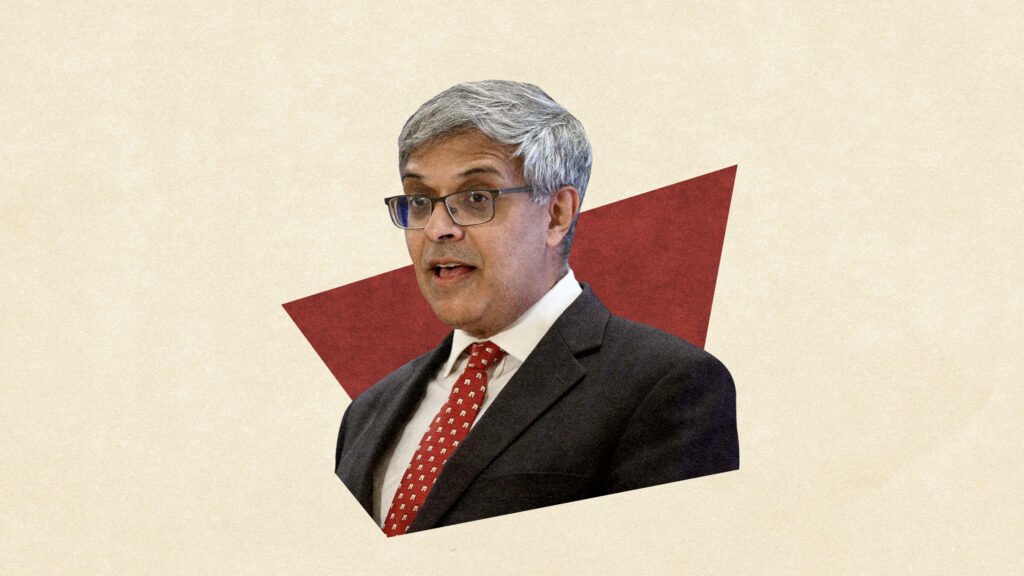Jay Bhattacharya, a prominent Stanford health economist, has recently found himself at the center of controversy due to conflicting perceptions of his conduct and beliefs. A recent incident involving Jay Bhattacharya and Yale health economist Jason Abaluck highlighted a disagreement over statistical details in a study on the effects of masking on Covid-19 in Bangladesh. Despite Bhattacharya eventually conceding to Abaluck’s corrections, his subsequent testimony in a Tennessee court case seemed to ignore their exchange, leading Abaluck to question Bhattacharya’s commitment to truth-seeking.
This incident is not an isolated one, as Bhattacharya has faced criticism for his approach as an expert witness in other legal cases. In a 2023 ruling in Alberta, Canada, a judge accused Bhattacharya of advancing a personal agenda and being unwilling to accept inconvenient facts. Similarly, in the Tennessee case, the judge expressed a lack of trust in Bhattacharya’s testimony.
Despite these criticisms, Bhattacharya has garnered praise from some of his colleagues who describe him as a reasonable and non-ideological advocate for evidence-based decision-making. Mark Hlatky, a Stanford professor, and Dana Goldman, director of the University of Southern California’s Schaeffer Center for Health Policy and Economics, both vouch for Bhattacharya’s ability to communicate the value of science to policymakers.
The conflicting perceptions of Bhattacharya paint a complex picture of an academic who has been both admonished for his reluctance to acknowledge evidence and celebrated as a champion for scientific inquiry. His stance on Covid-19 vaccines, where he has praised their development while expressing concerns about their potential harms to certain populations, further adds to the complexity of his public image.
As Bhattacharya faces confirmation for a leadership role at the U.S. National Institutes of Health, the debate surrounding his credibility and approach to evidence-based decision-making continues to raise questions about his suitability for such a significant position. Despite the controversies surrounding him, Bhattacharya’s journey from a wonky professor to a polarizing figure in the Covid-19 era underscores the challenges of navigating the intersection of academia, public health, and government policies.


